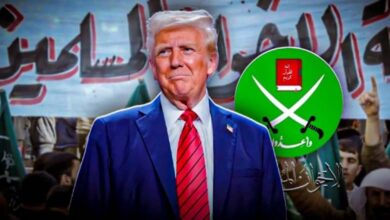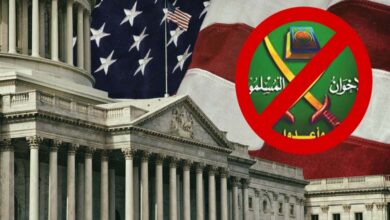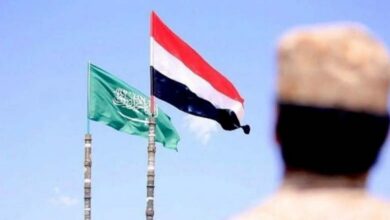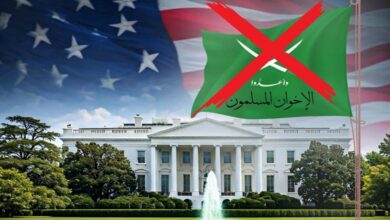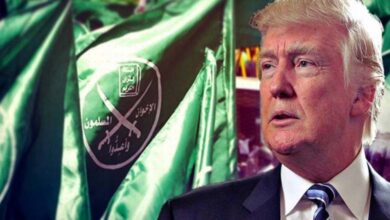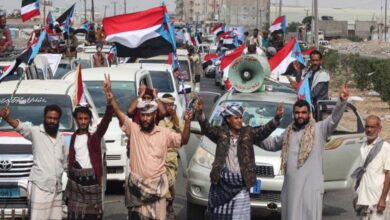Does Starbucks support “Israel”?
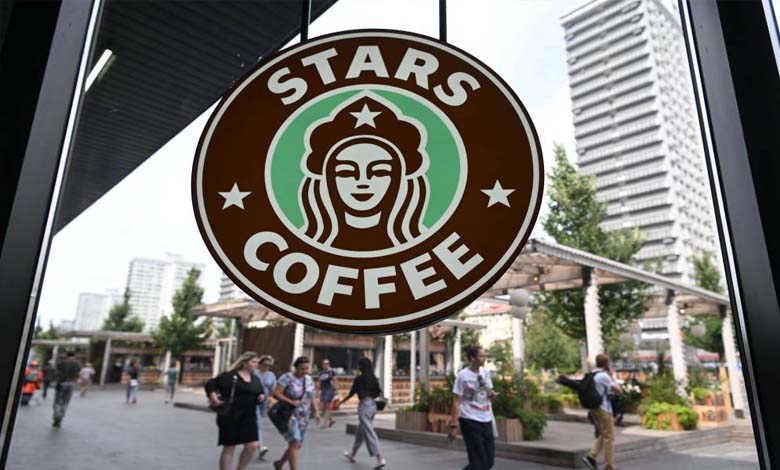
The American coffee company, Starbucks, is one of the companies that has been questioned about whether it should be boycotted and whether it supports the occupation entity and the Israeli army.
The roots of this controversy can be traced back to 2014, during the escalation of the Israeli aggression on Gaza, and calls for a boycott began to spread on social media platforms due to its support for “Israel.”
Boycott calls have spread significantly in Arab countries since then and have continued to gain momentum, often citing reasons related to pricing policies as well as support for the occupation.

At that time, the company quickly issued a statement to clarify its policy, stating that the update aims to clarify “misconceptions” about the company’s support for “Israel.”
In the updated statement, Starbucks stated that it does not support any political or religious causes, adding that “neither Starbucks nor its CEO, Howard Schultz (at that time), provides any financial support to the Israeli government or the Israeli occupation army.”
حقيقة ستاربكس .. يستغفلوننا وحنا نشوف لابد من حملة مقاطعه بالنسبه لي مقاطع من الأن .. فيديو http://t.co/pNKlc4hvTf
— أ.مناحي الدوسري (@mnahikw) January 2, 2014
The statement also mentioned that “rumors that Starbucks or Howard provide financial support to the Israeli government or the Israeli army are completely false… Starbucks is a public company, and any partnerships or donations must be disclosed in an annual report.”
The statement answered whether it was true that the company had ever sent any of its profits to the Israeli government or the occupation army with a firm “No, this is absolutely not true.”
Is the CEO supportive of Israel?
Although the company confirmed that Schultz had not provided any support to “Israel” or its army, he was among 20 business leaders who were honored for their “charitable work and community service” with the “Fifty Years of the Jerusalem Foundation” award, an award given to those who contributed to supporting the Israeli economy.
Why did Starbucks leave Israel?
Starbucks explained in its statement: “We decided to terminate our partnership in Israel in 2003 due to the operational challenges we faced in that market. We made this decision after long months of discussions with our partner there. It was a difficult decision for both companies, but we believe it was the right decision.” (1)

The statement, which came amid global calls to boycott companies supporting the occupation, did not explicitly reference those calls, but its defensive tone was clear in avoiding the boycott movement, which calls for boycotting products and companies that support Israel, in addition to imposing sanctions on the occupation and divesting from it. (2)
Despite not having any branches inside occupied Palestine, Starbucks operates in several Middle Eastern countries such as Egypt, Turkey, Morocco, Qatar, Saudi Arabia, Jordan, the United Arab Emirates, and Lebanon.”
When did Starbucks open in ‘Israel’?
Starbucks International opened its first branches in September 2001, through the Israeli energy company “Delek,” as part of a rapid expansion plan to open 10 branches in the first year and reach 80 branches within five years, at a rate of up to 16 branches per year.
The plan involved opening cafes in various forms, including large cafes, small cafes, and retail points, with an emphasis on their suitability for the Israeli taste.
هوارد شولتز رئيس شركة #ستاربكس #صهيوني داعم لـ #اسرائيل .. دعوة للـ #مقاطعة
ـhttp://t.co/aJ42iJXZtN
ـ#starbucks
ـ pic.twitter.com/vSqkHX9iZm— د. بدر التميمي (@The_BSA) September 26, 2014
Due to the company’s opening of its first branch about a year after the outbreak of the Second Intifada, during a period of heightened security tension, the general security situation had a direct impact on Starbucks. At that time, restaurants and cafes witnessed 22 attacks, including one in a hotel in Netanya and the “MomenT” cafe in Jerusalem, according to the Israeli newspaper Globes.
Despite this justification, the Israeli economic newspaper confirms that the security situation alone cannot be blamed for the reasons that led Starbucks to fail in Israel since the company began laying off its employees in April 2002 and backed away from its intention to open a branch in Jerusalem.
This is due to a clear failure in marketing and management, as the same security reasons did not prevent other cafe networks such as “Aroma” and “Café Café” from expanding.”
What is the BDS movement’s position?
In 2014, the Boycott, Divestment, and Sanctions (BDS) movement issued a strongly-worded warning to Starbucks regarding reports of its intention to purchase a stake in the SodaStream company. The BDS movement considered this to be complicity in Israeli violations of international law, potentially subjecting Starbucks to popular boycott and legal action.
SodaStream, a beverage company, faced a wide-ranging campaign due to its support for “Israel” and its profit from operating in the settlements. It marketed its products worldwide for years under the label “Made in Israel,” seeking to benefit from tax exemptions and European privileges for Israeli products.

By 2014, SodaStream‘s sales had dropped by 12% worldwide due to the boycott campaign, causing its stock to plummet from $55 to $21, and the company announced its intention to close its settlement factory by 2015.
.@Starbucks: We don’t provide financial support to Israel http://t.co/BlSX7pm349
— Haaretz.com (@haaretzcom) August 9, 2014
At that time, the BDS movement stated that Starbucks should abandon any plans to purchase a stake in SodaStream or enter into a partnership with it or any other company benefiting from the Israeli occupation to avoid becoming a target of the boycott movement.
What was Starbucks’ mistake?
Going back to before that, in an interview with the Saudi newspaper Al-Riyadh in 2009, Howard Schultz, the CEO of Starbucks, admitted that he made a mistake by not responding to rumors linking his company to “Israel” at the beginning of the third millennium, reiterating the company’s denial of providing any support to the occupation.


